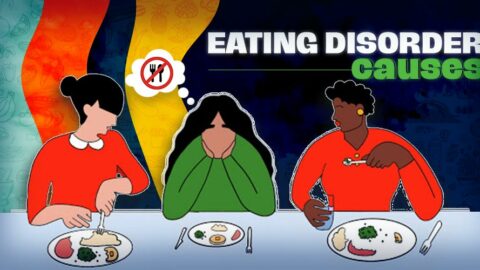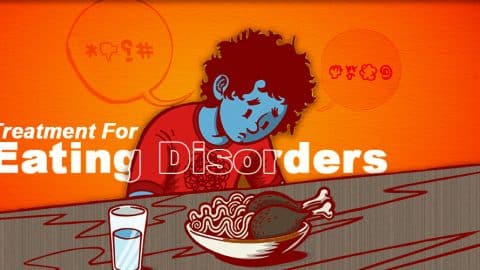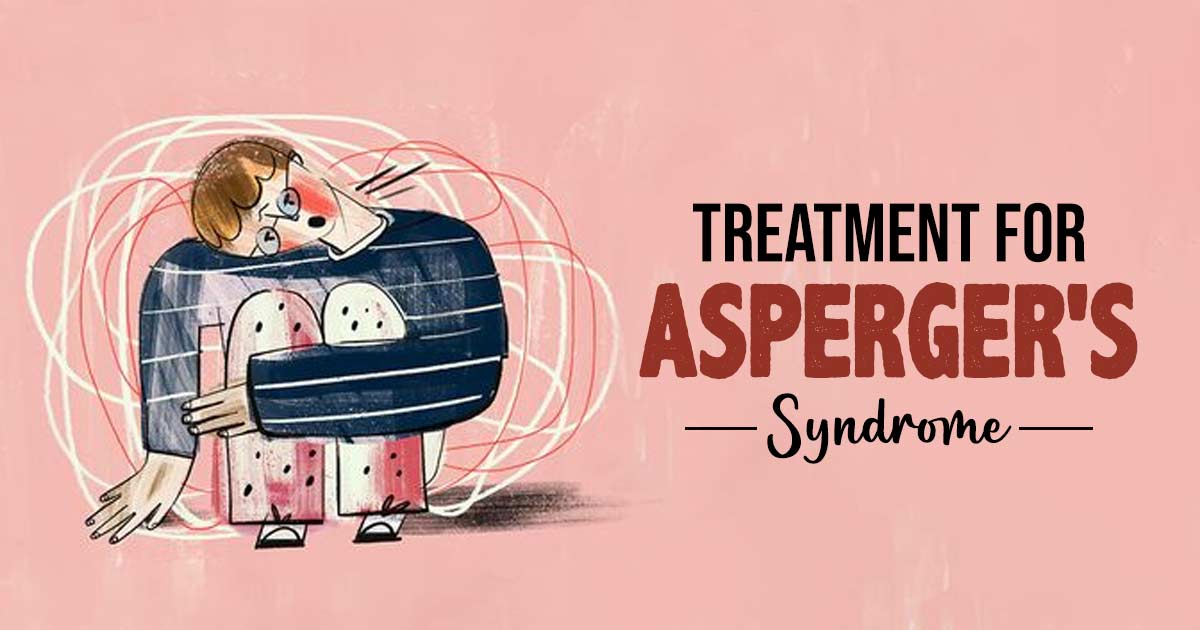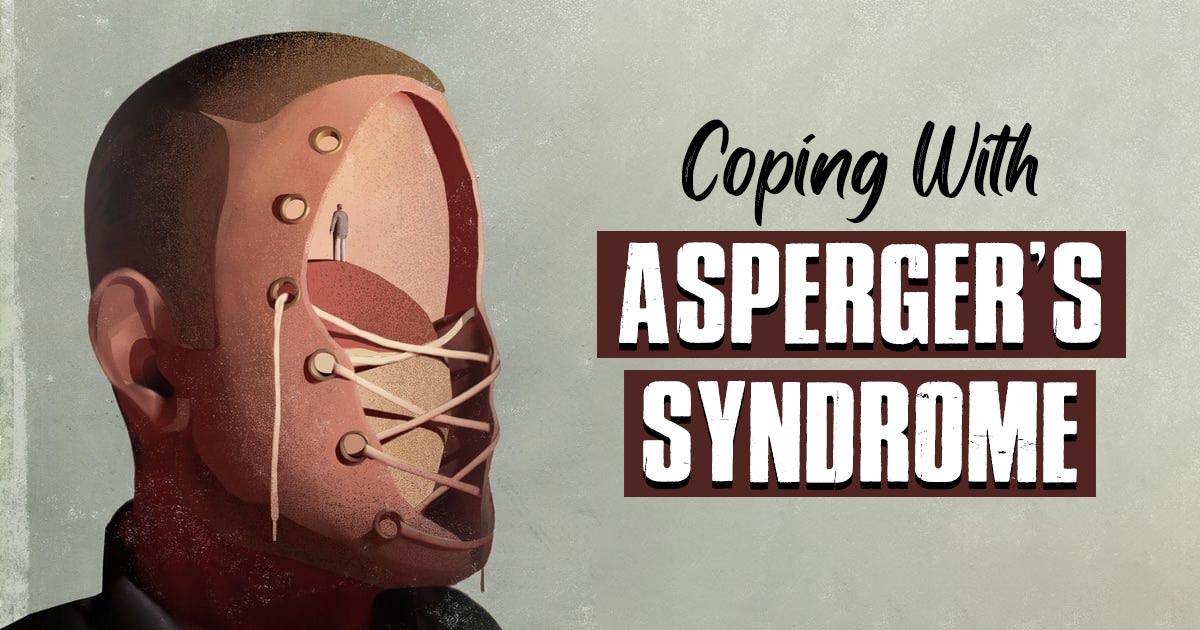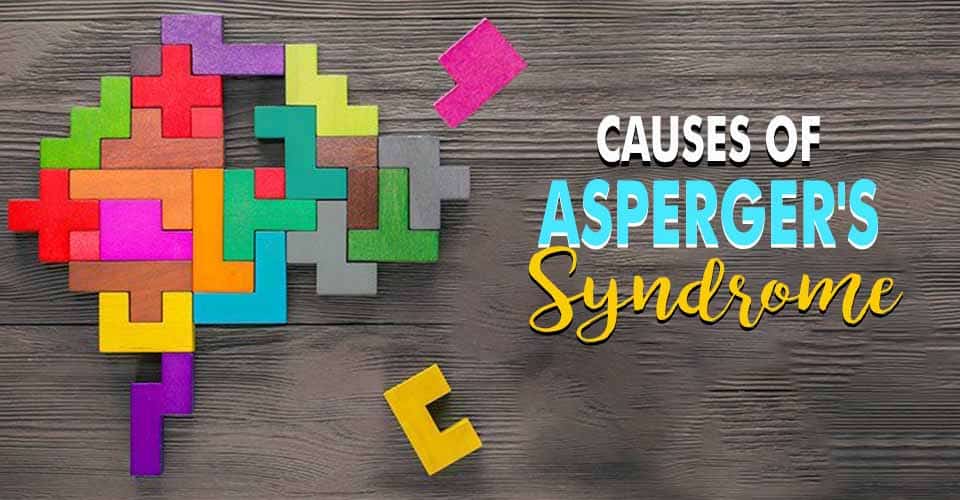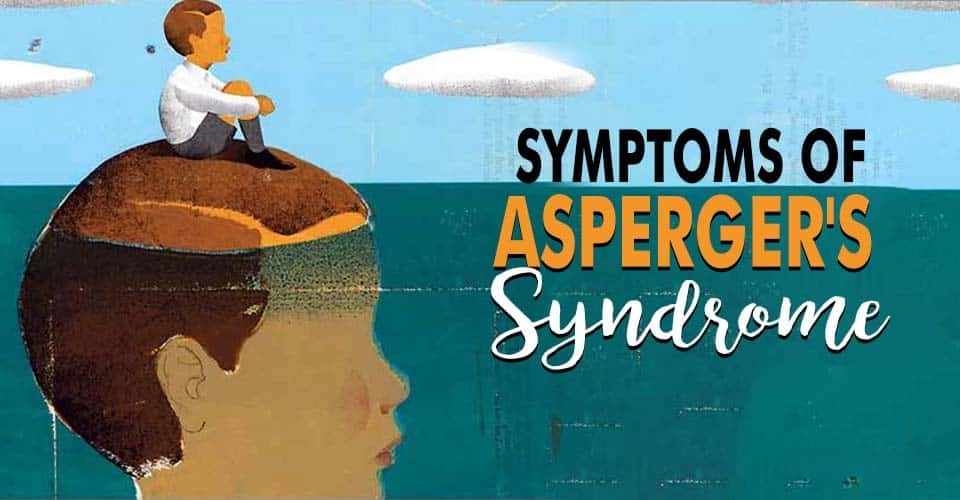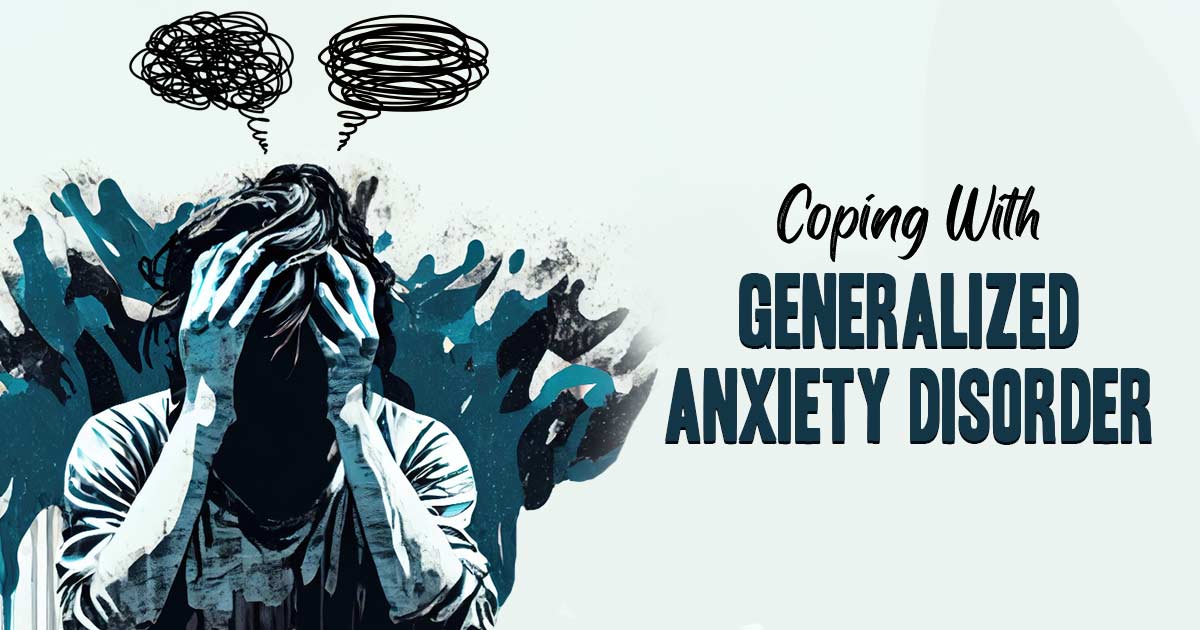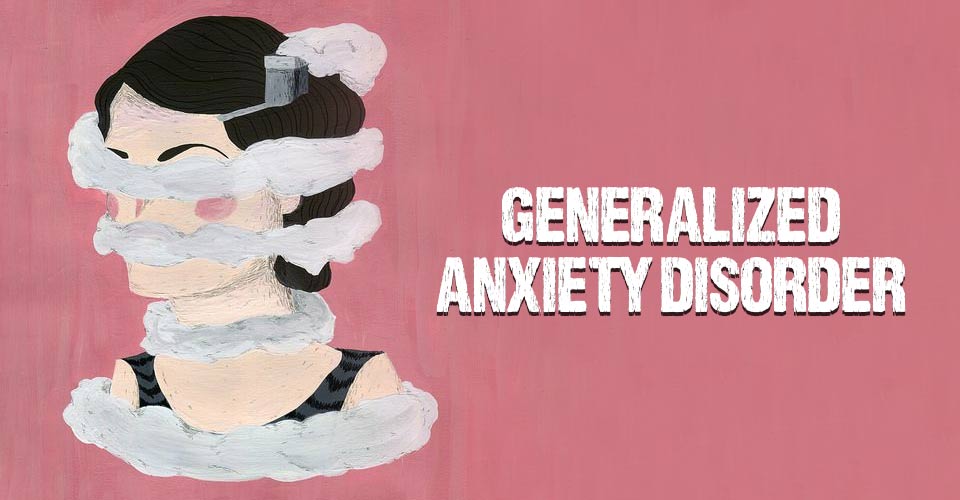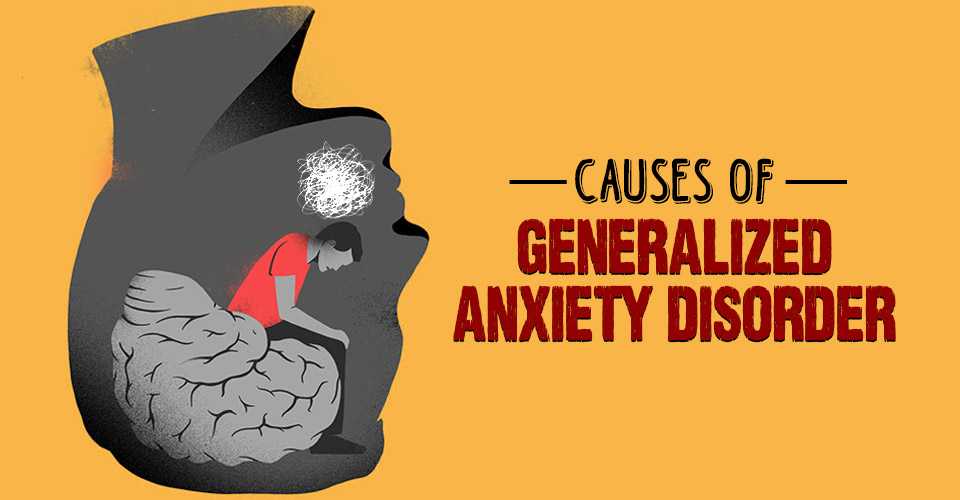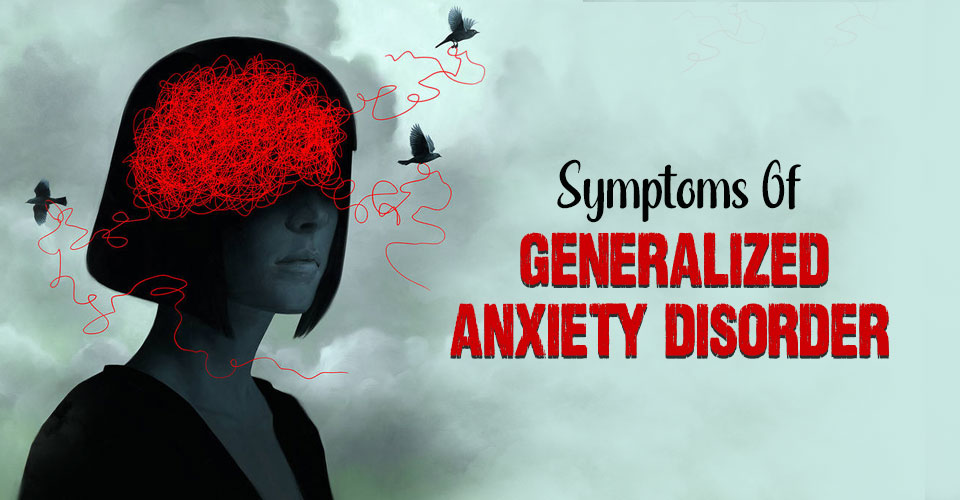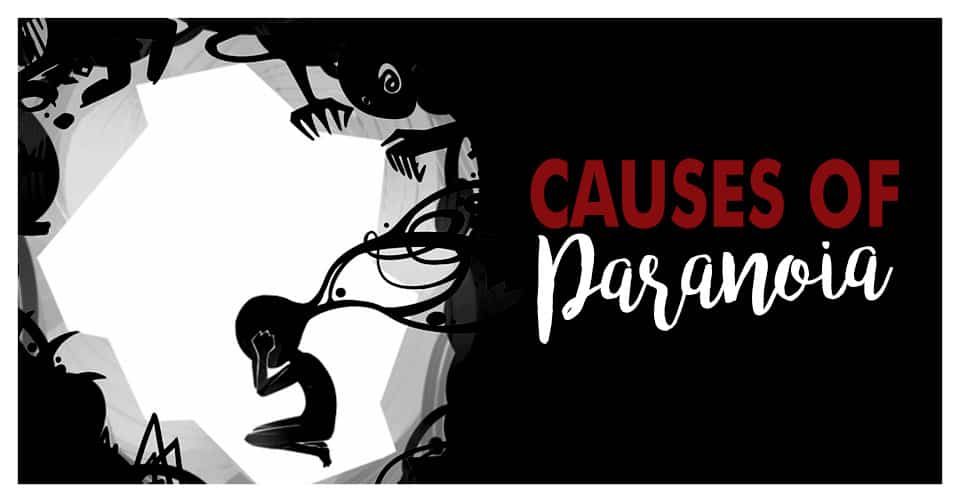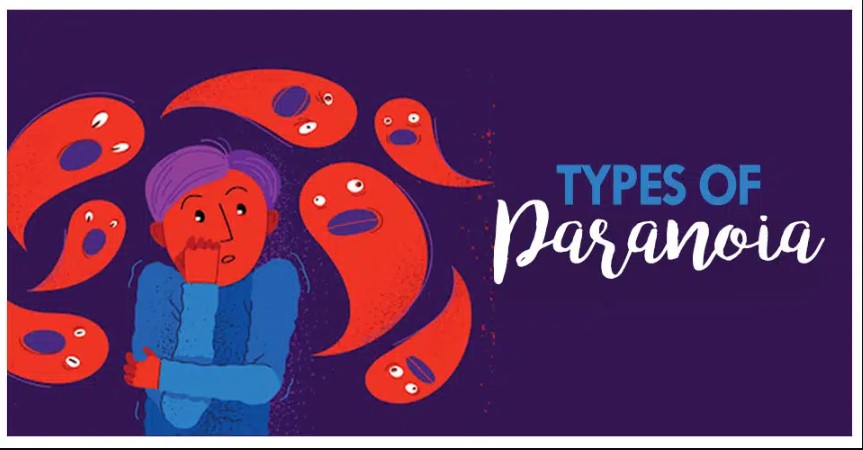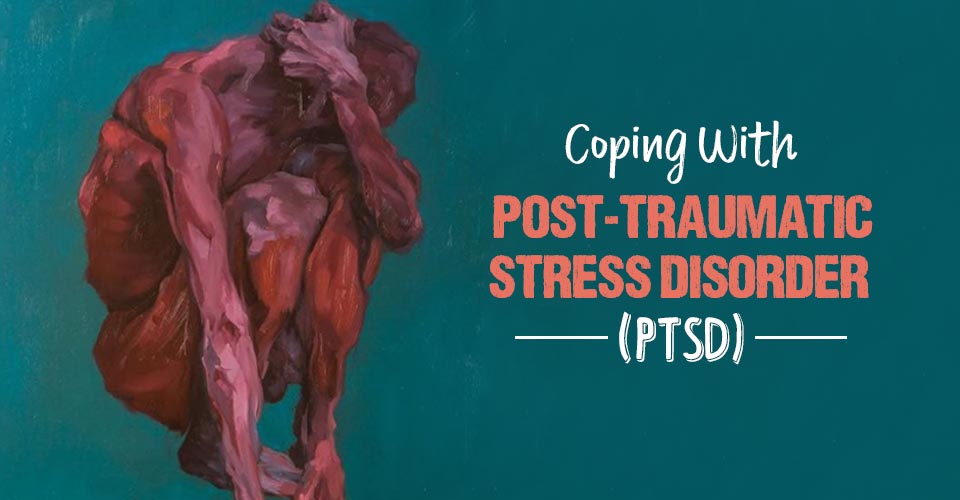Pessimism can be defined as a negative attitude or anticipation towards life or life events.
What Is Pessimism?
Pessimism can be characterized by having a negative mental attitude and the anticipation of a negative outcome of a particular life event. Pessimistic people interpret their life events differently from optimists. They tend to magnify a seemingly solvable situation into a challenging one. They are people who tend to create scenarios in their heads instead of looking for a probable solution.
Pessimists believe that they have no control over their future and often feel hopeless. It is rooted in negative thoughts and constant anticipation of a negative outcome. People who are pessimistic often engage in constant complaining and negative self-talk. They tend to build worst-case scenarios in their head as a way to prepare themselves for a future event.
However, some healthy dose of this trait may be necessary for optimal functioning. It has been found that people who tend to expect a brighter future are less likely to pursue their goals in reality. A 2011 study 1 Kappes, H. B., & Oettingen, G. (2011). Positive fantasies about idealized futures sap energy. Journal of Experimental Social Psychology, 47(4), 719-729. https://doi.org/10.1016/j.jesp.2011.02.003 found that participants who engaged in positive fantasies about the future are more likely to be drained of energy from imagining themselves being successful at achieving their goals.
Due to this, they are unable to pursue their dreams for real. Hence, it is essential to maintain a balance between optimism and pessimism in order to achieve your goals and lead a satisfying life. According to a research paper 2 Hecht D. (2013). The neural basis of optimism and pessimism. Experimental neurobiology, 22(3), 173–199. https://doi.org/10.5607/en.2013.22.3.173 , “Our survival and wellness require a balance between optimism and pessimism. Undue pessimism makes life miserable; however, excessive optimism can lead to dangerously risky behaviors.”
Understanding Pessimism
It is a person’s inclination for looking at the worst-case scenario in any given situation as it allows pessimists to prepare for the worst outcomes. Pessimistic individuals tend to lack hope and experience less happiness than optimists. They tend to trust others less and as a result have fewer close, intimate relationships.
Moreover, it can also affect their physical and mental health leading to heart disease, increased blood pressure 3 Räikkönen, K., Matthews, K. A., Flory, J. D., Owens, J. F., & Gump, B. B. (1999). Effects of optimism, pessimism, and trait anxiety on ambulatory blood pressure and mood during everyday life. Journal of personality and social psychology, 76(1), 104–113. https://doi.org/10.1037//0022-3514.76.1.104 , stress, anxiety, depression etc. A prevalent characteristic of pessimists is being largely focused on the negative parts of life and a tendency to reminisce on life events with regret. This causes reduced life satisfaction and a lack of mental well-being.
A 2002 study 4 Brissette, I., Scheier, M. F., & Carver, C. S. (2002). The role of optimism in social network development, coping, and psychological adjustment during a life transition. Journal of personality and social psychology, 82(1), 102–111. https://doi.org/10.1037//0022-3514.82.1.102 found that optimists are more liked in social groups than pessimists. Pessimists also don’t usually experience relationship satisfaction due to their constant complaining and expecting negative outcomes. A 2006 study 5 Srivastava, S., McGonigal, K. M., Richards, J. M., Butler, E. A., & Gross, J. J. (2006). Optimism in close relationships: How seeing things in a positive light makes them so. Journal of personality and social psychology, 91(1), 143–153. https://doi.org/10.1037/0022-3514.91.1.143 that involved couples who were dating found that optimism was associated with greater relationship satisfaction both concurrently and over time than pessimism. Another study 6 Conversano, C., Rotondo, A., Lensi, E., Della Vista, O., Arpone, F., & Reda, M. A. (2010). Optimism and its impact on mental and physical well-being. Clinical practice and epidemiology in mental health : CP & EMH, 6, 25–29. https://doi.org/10.2174/1745017901006010025 pointed out that women are more likely to have depression due to pessimistic traits. It may also contribute to negative health effects such as heart disease.
Signs Of Pessimism
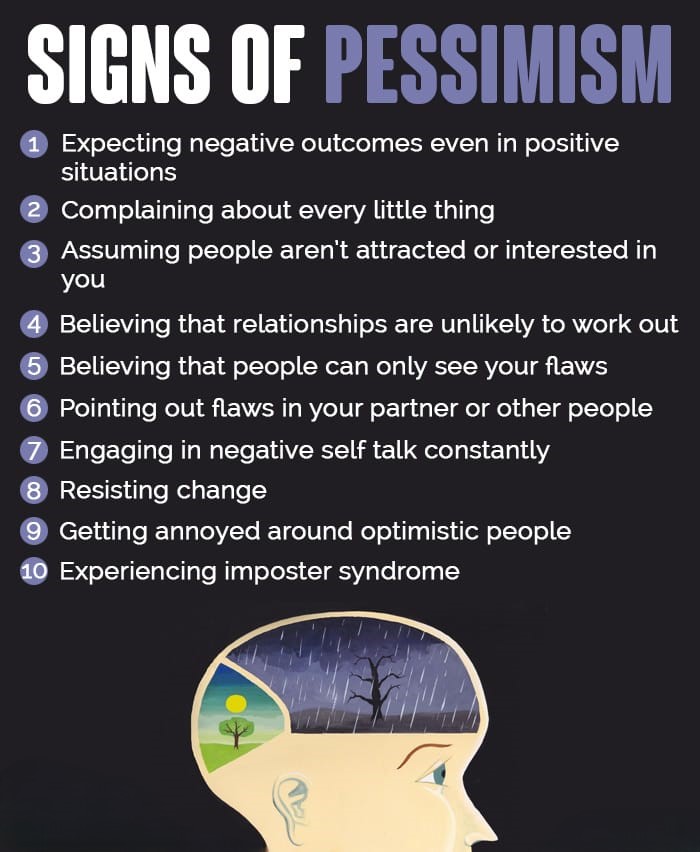
Pessimistic people always tend to go out of their way to consistently look for negative outcomes. Some of the signs can include:
- Expecting negative outcomes even in positive situations
- Complaining about every little thing
- Assuming people aren’t attracted or interested in you
- Believing that relationships are unlikely to work out
- Believing that people can only see your flaws
- Pointing out flaws in your partner or other people
- Engaging in negative self talk constantly
- Resisting change
- Getting annoyed around optimistic people
- Experiencing imposter syndrome (i.e. condition that leads someone to believe that they are not as competent as others perceive them to be)
- Assuming good things will come to an end eventually
Causes Of Pessimism
The exact causes are unknown. However, there may be several factors responsible for this personality trait. They include:
1. Genetics
Studies 7 Bates T. C. (2015). The Glass is Half Full and Half Empty: A population-representative twin study testing if Optimism and Pessimism are distinct systems. The journal of positive psychology, 10(6), 533–542. https://doi.org/10.1080/17439760.2015.1015155 suggest that this trait may be partially influenced by genetics. Twin adoption studies 8 Plomin, R., Scheier, M. F., Bergeman, C., Pedersen, N., Nesselroade, J., & McClearn, G. (1992). Optimism, pessimism and mental health: A twin/adoption analysis. Personality and Individual Differences, 13(8), 921-930. https://doi.org/10.1016/0191-8869(92)90009-e tend to show that heritability is estimated at about 25% for both optimism and pessimism. A 2009 study 9 Mosing, M. A., Zietsch, B. P., Shekar, S. N., Wright, M. J., & Martin, N. G. (2009). Genetic and environmental influences on optimism and its relationship to mental and self-rated health: a study of aging twins. Behavior genetics, 39(6), 597–604. https://doi.org/10.1007/s10519-009-9287-7 found that this trait was genetically correlated with depression.
2. Environmental Factors
Environmental factors may also be responsible for pessimism. Some negative life experiences may make a person more susceptible to being a pessimistic person. People with a lack of social support or are less resilient tend to be more pessimistic. A 2015 study 10 Mavioğlu, R. N., Boomsma, D. I., & Bartels, M. (2015). Causes of individual differences in adolescent optimism: a study in Dutch twins and their siblings. European child & adolescent psychiatry, 24(11), 1381–1388. https://doi.org/10.1007/s00787-015-0680-x found that certain environmental factors such as parents getting divorced, emotional or physical abuse can make a person pessimistic.
Pessimism And Mental Health
Pessimism and mental health are closely related. A 2012 study 11 Boehm, J. K., & Kubzansky, L. D. (2012). The heart’s content: the association between positive psychological well-being and cardiovascular health. Psychological bulletin, 138(4), 655–691. https://doi.org/10.1037/a0027448 pointed out the tendency to hold optimistic expectations about future events is associated with better emotional adjustment, physical health, and general well-being. However, pessimists are people who continuously focus on the negative aspects of a given situation. It is worth mentioning that it is not recognized as a mental disorder. However, it can be a symptom of a mental health condition such as depression.
Several studies 12 Goodwin G. M. (2006). Depression and associated physical diseases and symptoms. Dialogues in clinical neuroscience, 8(2), 259–265. https://doi.org/10.31887/DCNS.2006.8.2/mgoodwin have linked this trait with several mental health conditions such as depression or anxiety. A 1998 study 13 House, J. S., Landis, K. R., & Umberson, D. (1988). Social relationships and health. Science (New York, N.Y.), 241(4865), 540–545. https://doi.org/10.1126/science.3399889 revealed that optimism scores better outcomes in relationships, higher social status, and increased resilience, unlike pessimism. Some people are found to be more prone to be pessimistic and are more likely to overestimate the anticipation of a negative outcome. Researchers 14 Korn, C. W., Sharot, T., Walter, H., Heekeren, H. R., & Dolan, R. J. (2014). Depression is related to an absence of optimistically biased belief updating about future life events. Psychological medicine, 44(3), 579–592. https://doi.org/10.1017/S0033291713001074 have found that people with depression are more likely to be pessimistic.
Another 2016 study 15 Lindquist, K. A., Satpute, A. B., Wager, T. D., Weber, J., & Barrett, L. F. (2016). The Brain Basis of Positive and Negative Affect: Evidence from a Meta-Analysis of the Human Neuroimaging Literature. Cerebral cortex (New York, N.Y. : 1991), 26(5), 1910–1922. https://doi.org/10.1093/cercor/bhv001 showed purposely thinking about negative thoughts and feelings can damage our brains. Some people are defensively pessimistic. This means that they tend to set low expectations. They tend to plan ahead and take precautionary measures to handle obstacles better. A 2010 study 16 Carver, C. S., Scheier, M. F., & Segerstrom, S. C. (2010). Optimism. Clinical psychology review, 30(7), 879–889. https://doi.org/10.1016/j.cpr.2010.01.006 found that when optimists face a challenging but potentially controllable situation, they are more likely to cope using problem-solving skills. While pessimistic people are more likely to disengage, withdraw effort and cope by using denial and wishful thinking.
A 2010 study 17 Conversano, C., Rotondo, A., Lensi, E., Della Vista, O., Arpone, F., & Reda, M. A. (2010). Optimism and its impact on mental and physical well-being. Clinical practice and epidemiology in mental health : CP & EMH, 6, 25–29. https://doi.org/10.2174/1745017901006010025 found that having an optimistic outlook towards life can help to lead a longer life. However, it is also found that this trait may also help to increase longevity due to their tendency to anticipate negative outcomes and taking precautionary measures. A 2012 study 18 Herzberg, P. Y., Glaesmer, H., & Hoyer, J. (2006). Separating optimism and pessimism: a robust psychometric analysis of the revised Life Orientation Test (LOT-R). Psychological assessment, 18(4), 433–438. https://doi.org/10.1037/1040-3590.18.4.433 implicated that dopamine (a neurotransmitter released in the brain that is responsible for making us feel good) can create a bias against pessimistic belief formation by blocking the formation of negative expectations about the future.
Read More About Optimism Here
How To Overcome Pessimism?
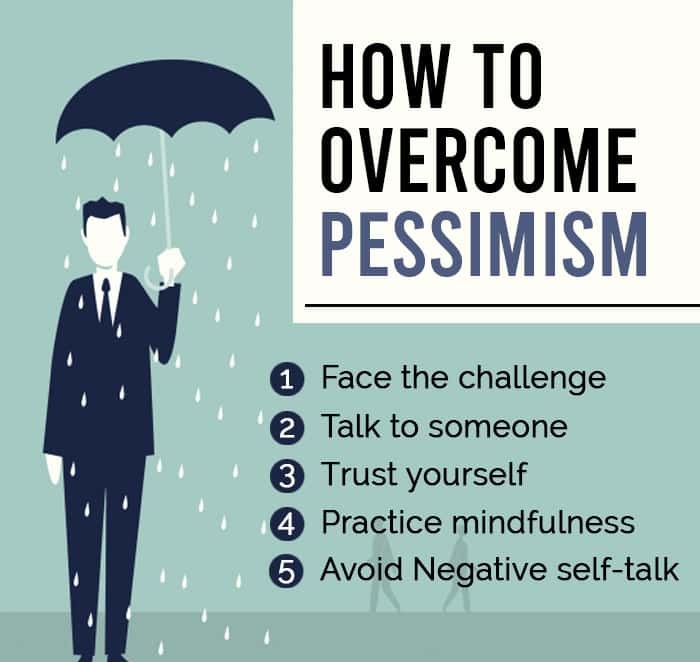
Some people use it as a coping mechanism to deal with uncomfortable situations. A pessimistic attitude can greatly affect your physical and mental health. Hence, it is essential to break out of the habit of constantly complaining and being negative. Some of the ways to overcome being a pessimistic person are as follows:
1. Face the challenge
One of the best ways to overcome pessimism is to face the challenges posed by life. Often when a task seems overwhelming the negative attitude tends to surface. For instance, when a particular job is difficult, a pessimist thinks that it’s difficult and refuses to act on it. This can be changed by breaking it into achievable goals so that it doesn’t feel overwhelming.
2. Talk to someone
Talking to someone you trust can ease your stress and make you feel positive. In case you don’t have a person to talk to, you can always opt to consult a professional. Not discussing your issues can make you feel overwhelmed. Sharing your fears and anxieties can help you to see things from a different perspective.
3. Trust yourself
Constantly doubting yourself and your potential can do more harm than good. In challenging situations, it is essential to trust yourself to achieve your goals. If you believe in yourself, no one can stop you from achieving them.
4. Practice mindfulness
Mindfulness is a practice that enables a person to become aware of the present moment. Practicing mindfulness will help you to calm yourself and your mind. A 2020 study 19 Creswell, J. D., Lindsay, E. K., Villalba, D. K., & Chin, B. (2019). Mindfulness Training and Physical Health: Mechanisms and Outcomes. Psychosomatic medicine, 81(3), 224–232. https://doi.org/10.1097/PSY.0000000000000675 found that mindfulness improves emotional and physical well-being and contributes to a satisfying life. Some of the ways to practice mindfulness can include:
- Breathing exercises
- Meditation
- Journaling
- Yoga
5. Avoid Negative self-talk
Constantly engaging in negative thoughts and self-talk only triggers the pessimistic side of you. Hence, you need to replace each negative thought with a positive one. Remind yourself that negative thoughts only interfere with your goals.
The Pessimistic Way Of Life
Excessive pessimism and optimism can significantly impact a person’s well-being. Hence, balancing between optimism and pessimism is crucial. Taking actions to manage your emotions can be beneficial to lead a healthy and satisfying life.
Pessimism At A Glance
- Pessimism can be characterized by having a negative mental attitude and the anticipation of a negative outcome of a particular life event.
- Pessimistic individuals tend to lack hope and experience less happiness than optimists.
- Pessimistic people always tend to go out of their way to consistently look for negative outcomes.
- A pessimistic attitude can greatly affect your physical and mental health.
- Excessive pessimism and optimism can significantly impact a person’s well-being.



